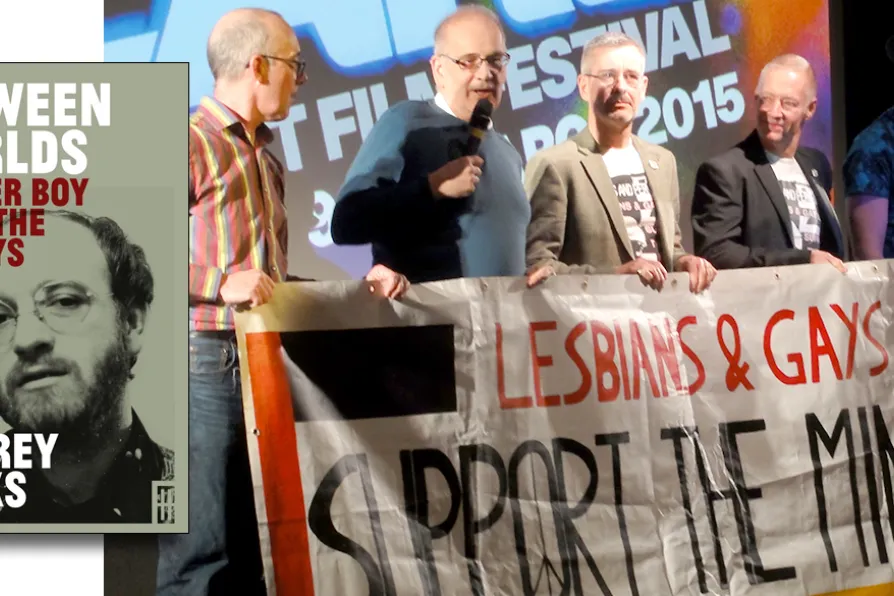RITA DI SANTO draws attention to a new film that features Ken Loach and Jeremy Corbyn, and their personal experience of media misrepresentation

 STALWARTS: LGSM veterans at a showing of Pride in 2015
[Fae/Creative Commons]
STALWARTS: LGSM veterans at a showing of Pride in 2015
[Fae/Creative Commons]
JEFFREY WEEKS’S memoir of gay liberation as it was experienced from 1945 to the present day is an exhilarating, informative — and troubling — account.
Weeks, a sociologist and historian, comes from the first generation of working-class students to benefit from the 1944 Education Act and to get to university from grammar school. His book describes the political and intellectual journey of a gay man from Rhondda in Wales to the middle-class academic milieu of London.
His two-part account — the first half joyful, the second somewhat horrific — is divided by the shocking suicide of his father in 1976.

MARJORIE MAYO welcomes an account of family life after Oscar Wilde, a cathartic exercise, written by his grandson

ANGUS REID squirms at the spectacle of a bitter millennial on work experience in a gay sauna












